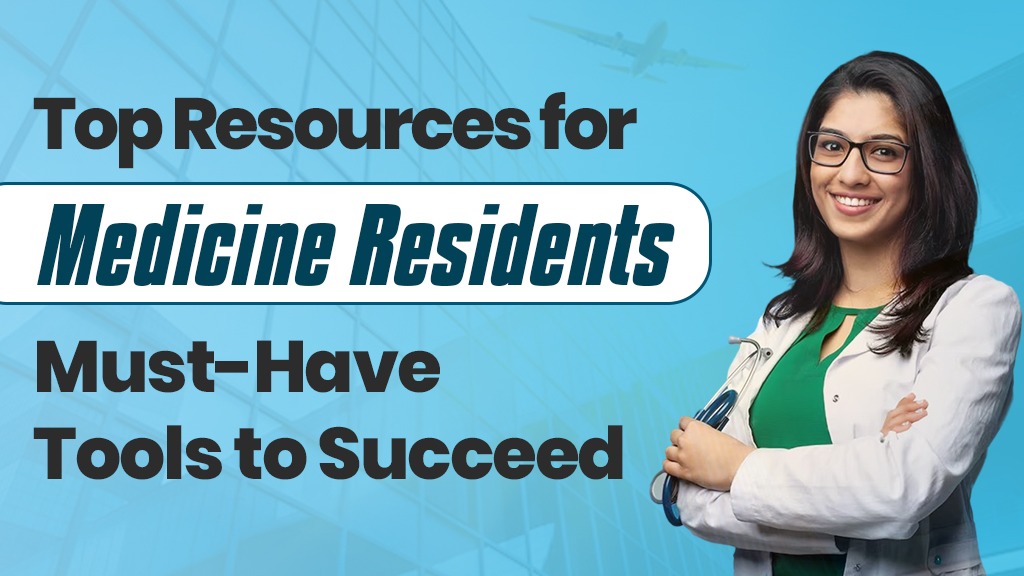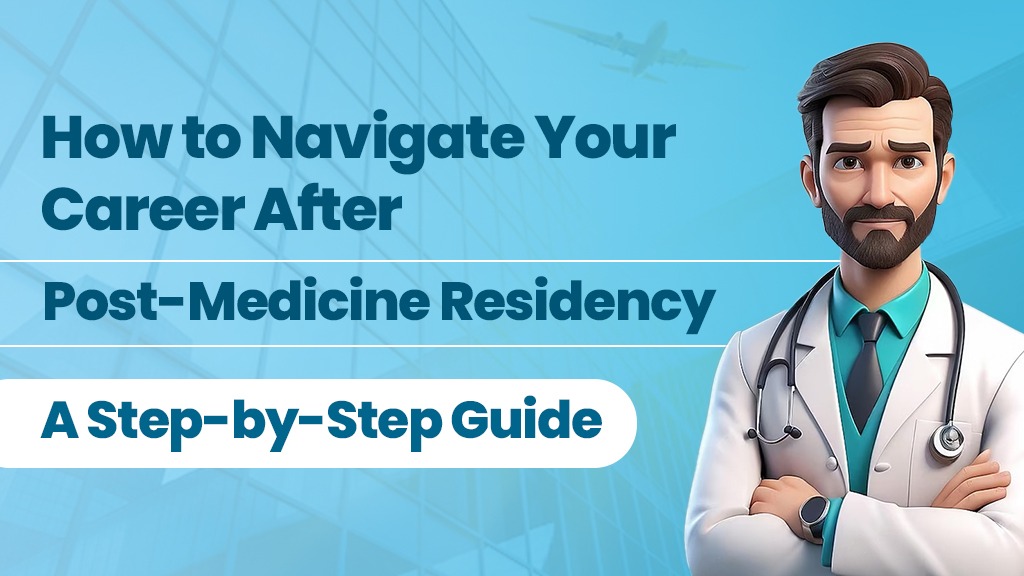Top Resources for Medicine Residents: Must-Have Tools to Succeed

Top Resources for Medicine Residents: Must-Have Tools to Succeed For any medicine resident starting their residency journey, resources prove to be differentiators. From internal medicine residency programs to everything else in between, this guide in depth gets you up and through the universe of tools meant to improve learning and clinical practice. To Understand the Landscape of Medicine Residency […]
How to Navigate Your Career After Post-Medicine Residency: A Step-by-Step Guide

How to Navigate Your Career After Post-Medicine Residency: A Step-by-Step Guide A Medicine Residency is challenging yet rewarding in so many ways that opens opportunities for a stream of real-life careers in the medical field. As a resident, you are at the threshold of choosing a career path that aligns with your aspirations, be it in clinical […]
